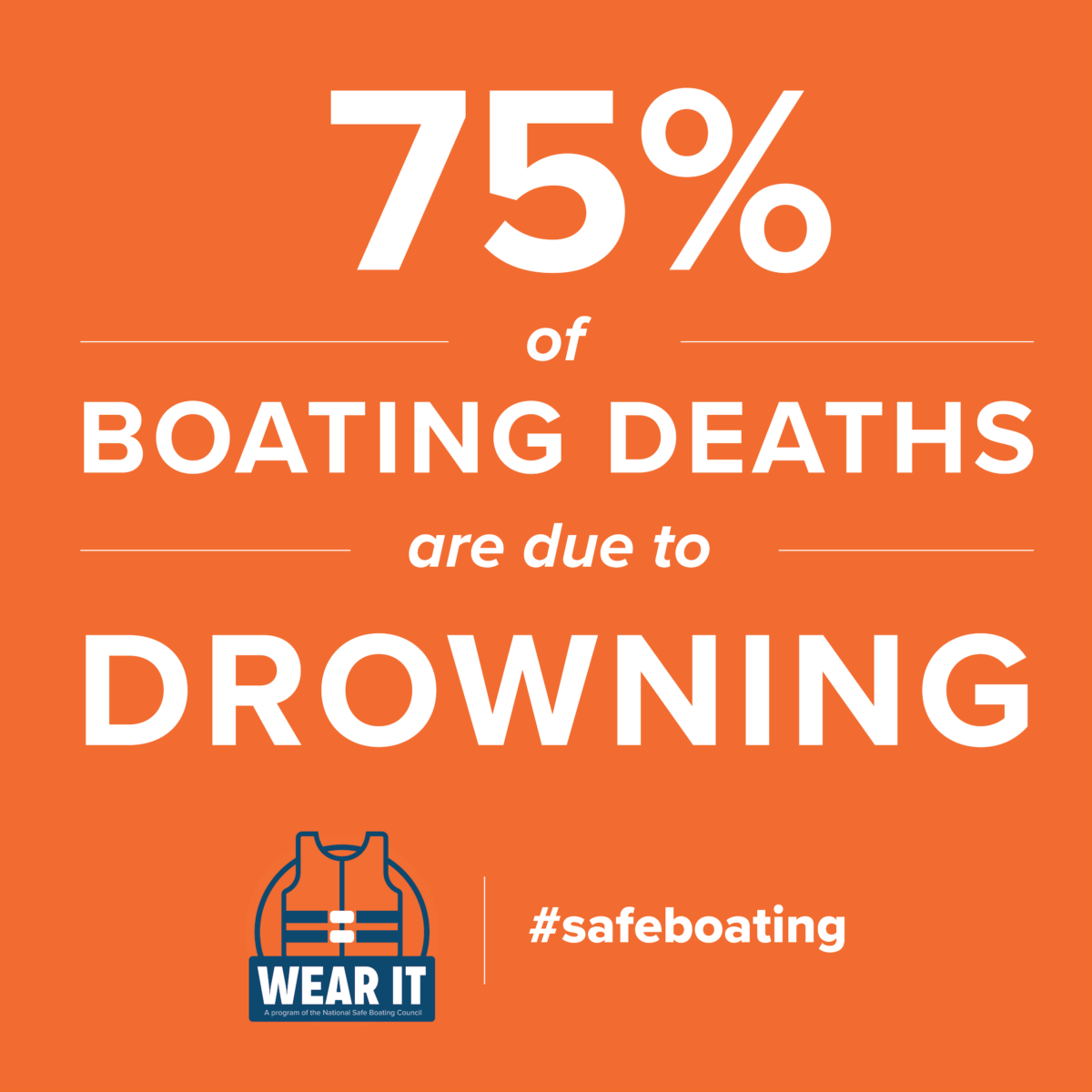As the weather warms up and the summer season approaches, more people are spending time in and on lakes, beaches, and rivers. National Safe Boating week is May 20-26, a time to highlight the risks of aquatic activities. In particular, the National Safe Boating Council and the Electric Shock Drowning Prevention Association want people to be aware of the risks of electric shock drowning (ESD).
ESD happens when a low-level alternating current (AC) passes through the body with enough force to cause paralysis, rendering the person unable to help himself/herself while immersed in fresh water and eventually resulting in drowning. Higher levels of AC current in the water will also result in electrocution.
The majority of ESD deaths have occurred in public and private marinas and docks where electricity is typically provided near water. Electricity that enters the water and causes ESD originates from the wiring of the dock or marina, or from boats that are connected to the marina’s or dock’s power supply. Children are the most common victims of ESD.
There are no visible warning signs to indicate that water surrounding a boat, marina or dock is energized, and it can become energized with fatal levels of electricity within seconds. However, there are steps you can take to prevent ESD.
- NEVER swim in or near marinas, docks or boatyards.
- Tell others about the danger of ESD. Most people have never heard of ESD and are unaware of the danger.
- Talk to marina owners or operators about the dangers of electric shock drowning. Suggest installing ground-fault circuit interrupters (GFCIs) on all shore power pedestals and on all marina wiring circuits. Ask if they are having their marinas regularly inspected by qualified electricians familiar with National Fire Protection Association Codes NFPA 303 and NFPA 70.
- If you are a boat owner, have your boat inspected by an electrician with current ABYC (American Boat and Yacht Council) Electrical Certification or by an ABYC-Certified Technician. Boats with AC systems should have isolation transformers or equipment leakage circuit interrupter (ELCI) protection, comply with ABYC standards, and should be serviced by an ABYC-Certified® Technician. Click here to learn about isolation transformers.
Tags:
